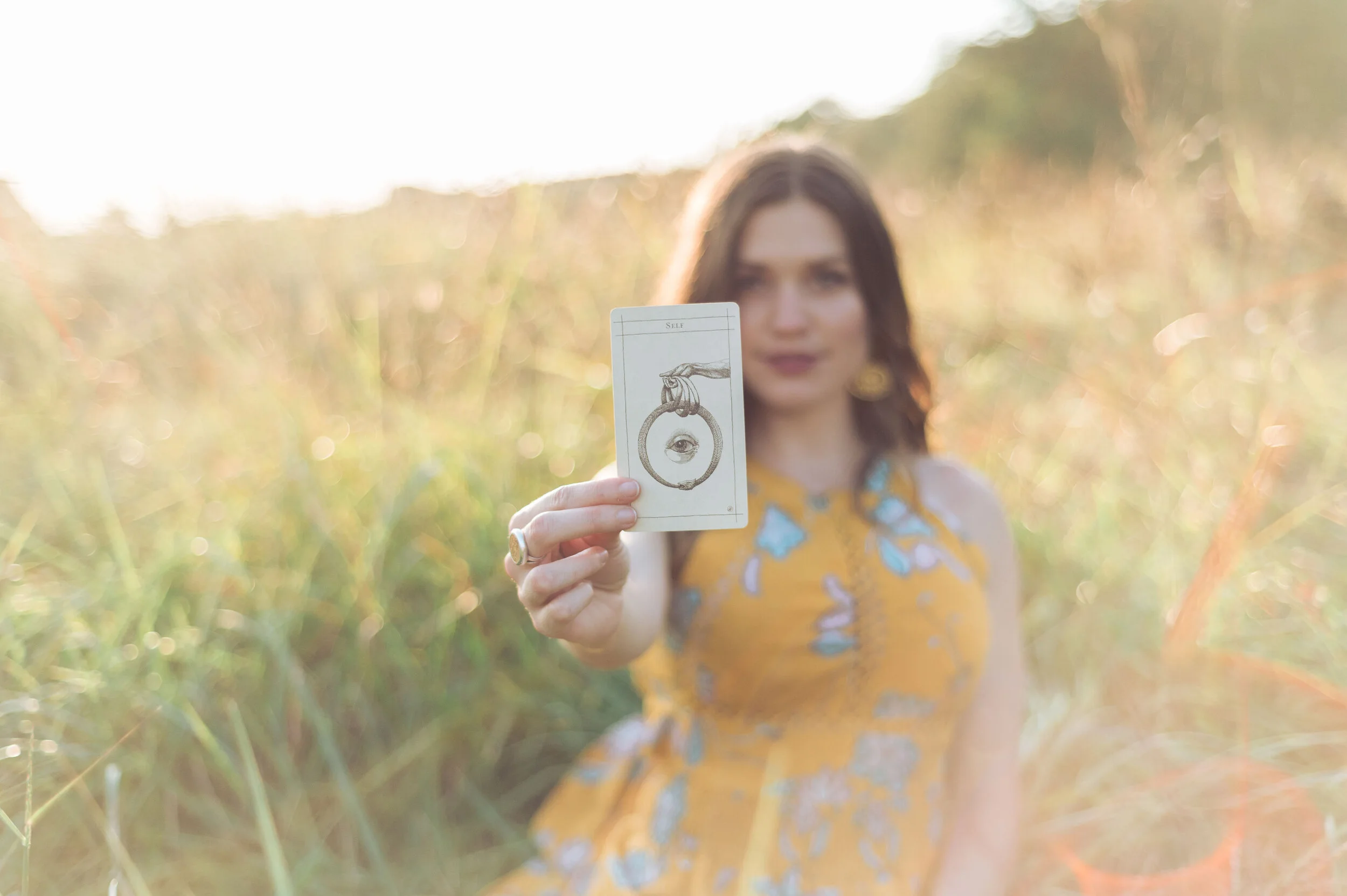There are an endless number of theories on personality. I imagine, for each theorist, it must have been difficult to boil down abstractions like “consciousness”. Personally, I like the way Carl Jung organized the structure of the psyche. According to Jung, we operate from three different layers of consciousness.
𝐓𝐡𝐞 𝐩𝐞𝐫𝐬𝐨𝐧𝐚𝐥 𝐜𝐨𝐧𝐬𝐜𝐢𝐨𝐮𝐬 is the home of the ego and the domain of personae (see my previous post). The ego is the faculty of being that is aware of itself. “I am”. It’s the principle within that believes it has total agency over itself. Ego has gotten a bad rap over time - some philosophies think bliss is achieved only by eradicating the ego. I respectfully disagree. The ego serves a very useful function.
𝐓𝐡𝐞 𝐩𝐞𝐫𝐬𝐨𝐧𝐚𝐥 𝐮𝐧𝐜𝐨𝐧𝐬𝐜𝐢𝐨𝐮𝐬 is the part of our personality that cannot be controlled. How do you account for the spontaneous nature of dreaming, fantasizing, or getting lost in thought? It’s also the home of the shadow. The shadow represents all of the qualities that exist within us that we reject. Usually, we end up projecting these shadow qualities onto others OR we repress those qualities and act them out unconsciously (not good!). The shadow is necessarily emotional in nature, for it must oppose the rigidness of the ego; it holds its own autonomy, separate from the conscious mind. This is why shadow work is so crucial for personal growth!! We cannot be perfect angels all the time. Anyone pitching the perfect angel narrative is myopic. Rather than ignoring our shadow drives and thus being subjected by them, we can work to integrate the lessons of the shadow into consciousness.
𝐓𝐡𝐞 𝐜𝐨𝐥𝐥𝐞𝐜𝐭𝐢𝐯𝐞 𝐮𝐧𝐜𝐨𝐧𝐬𝐜𝐢𝐨𝐮𝐬 is derived from Ancestral Memory; it’s the qualities of the psyche that are universal to humanity. They include aspects of human experience: birth, death, falling in love, coming of age, etc. This is where archetypes are born. Jung believed one of the deepest levels of the unconscious is the anima/animus. Essentially, his thought is that we are contra-sexual beings, with the potentiality to express both feminine and masculine personality characteristics. He believed that within each person was a figure of the opposite sex balancing their personality. Jung presented the concepts of the anima and animus as the ancient archetypes of Eros and Logos. Eros (the female) is associated with receptivity, creativity, relationships, and wholeness. Logos (the male) is identified with power, thought, and action.
Jung was not and is not the final word on personality theory. There are many other valuable theories that focus more on behavior, traits, personality characteristics, and more. There are even post-Jungians who have expanded his theory in new ways and have criticized certain elements that haven’t aged well.
Having a basic understanding of the structure of personality is useful in our discernment of our relationships, including the one we have with our self. An Ancient Greek maxim, γνῶθι σεαυτόν, is one you probably have heard before: 𝐊𝐧𝐨𝐰 𝐓𝐡𝐲𝐬𝐞𝐥𝐟. At the temple of Apollo at Delphi, this saying was transcribed on the entrance and read as each initiate passed through the threshold to begin their journey. Knowledge of personality is just one pathway into the winding forest of self knowledge.
